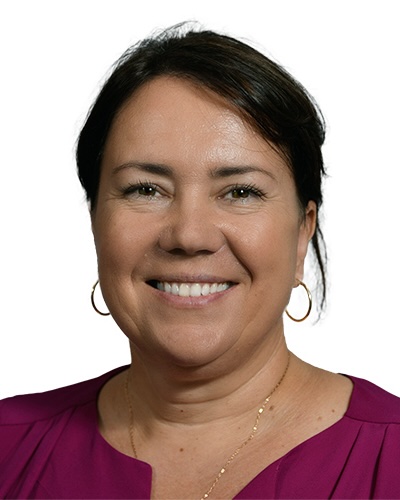TCBG Seminar
Molecular modeling of bioinspired and biomimetic materials: predicting stimuli-responsive behavior Tweet

Yaroslava Yingling
Materials Science and Engineering
North Carolina State University
Raleigh, North Carolina
Monday, February 5, 2024
3:00 pm (CT)
Hybrid webinar recording
Abstract
Mimicking and repurposing the structure and function of natural materials to design novel multifunctional materials offer potential solutions to address pressing technological demands. However, the complexity of the underlying processes in natural materials hinders the understanding of the phenomena and progress. Improved control over materials organization will require thorough screening of the components, their structure, interactions, and resultant function. Most of the biological materials are innately responsive. For example, in plant Venus fly trap it is believed that mechanical stimuli of plant follicles transfer into an electrical signal that causes the leaf to close. However, the mechanism of responsiveness is difficult to characterize due to their inherent complexity and multiscale nature: stimuli trigger atomistic-level molecular changes that cause a macroscopic response in the physical and chemical properties of the material. Modeling a responsive material presents a challenge with a large number of unknown variable parameters, such as chemical reactions kinetic or conformational changes as a function of the environment, that is hard to measure directly. We have recently developed a method that is parameterized based on a single set of parameters, which allows for large-scale simulations of self- assembling polyelectrolyte materials and their morphological response to the changes in salt concentration. However, when we applied a similar approach for modeling temperature-responsive elastin-like polypeptides (ELP) materials or reflectin proteins, the success was much limited due to more complex parameter space. In this talk, I will discuss progress in the modeling of DNA based salt-responsive materials and aggregation of peptide-based materials
Hybrid webinar recording 3269 Beckman Institute or Zoom link



